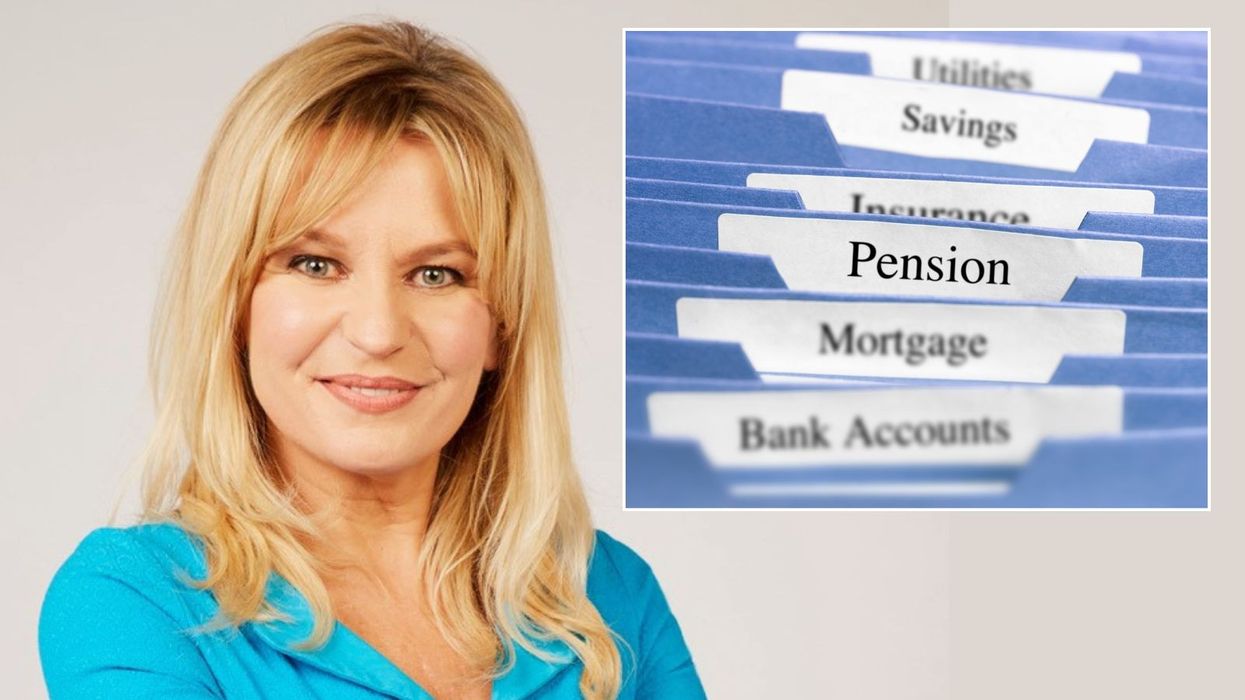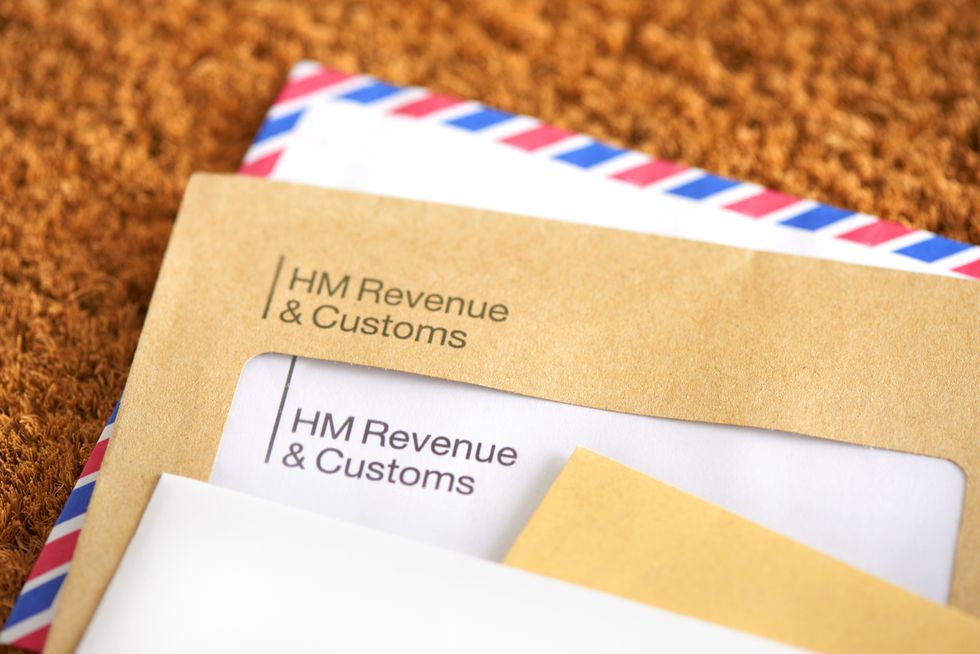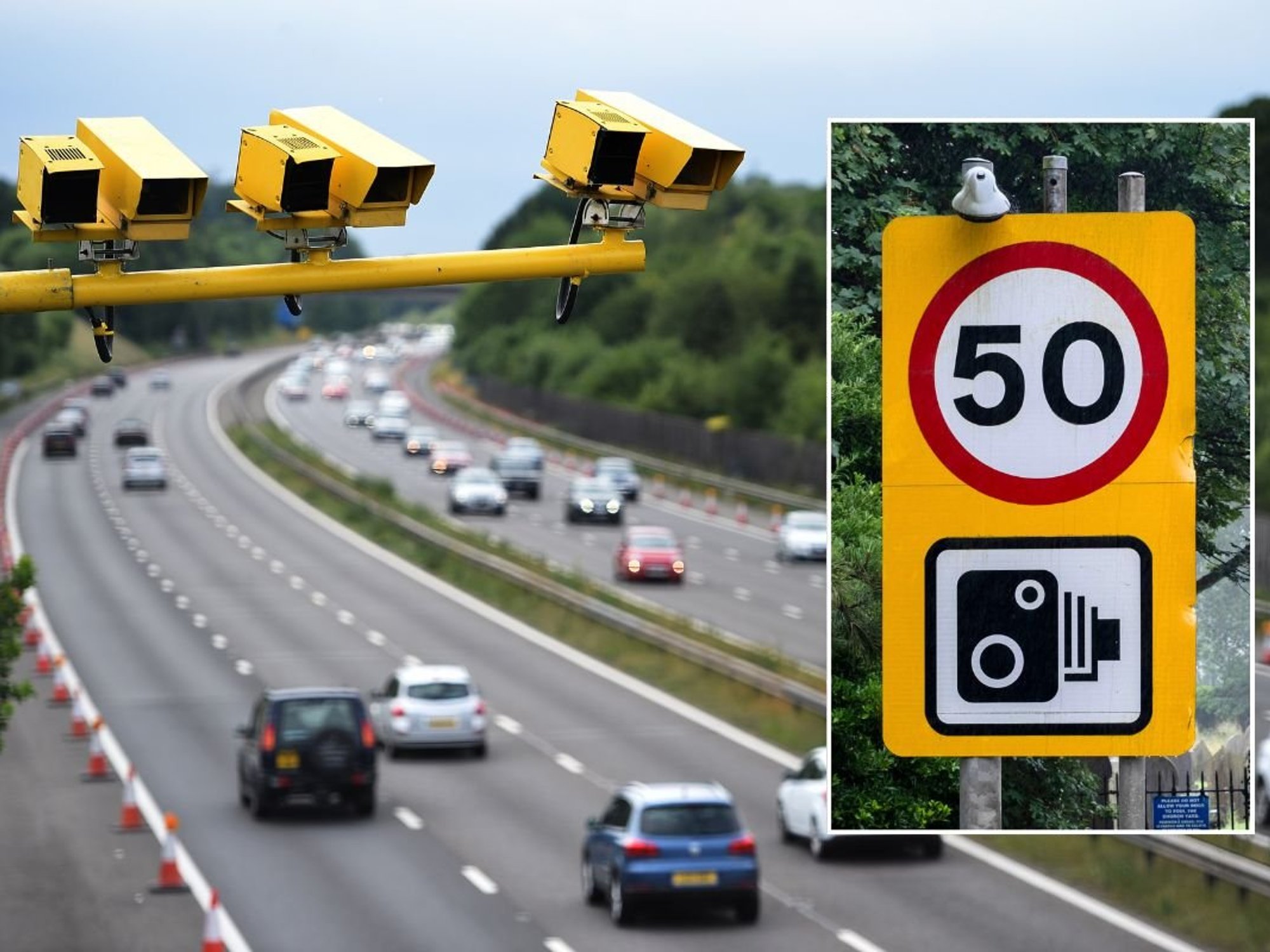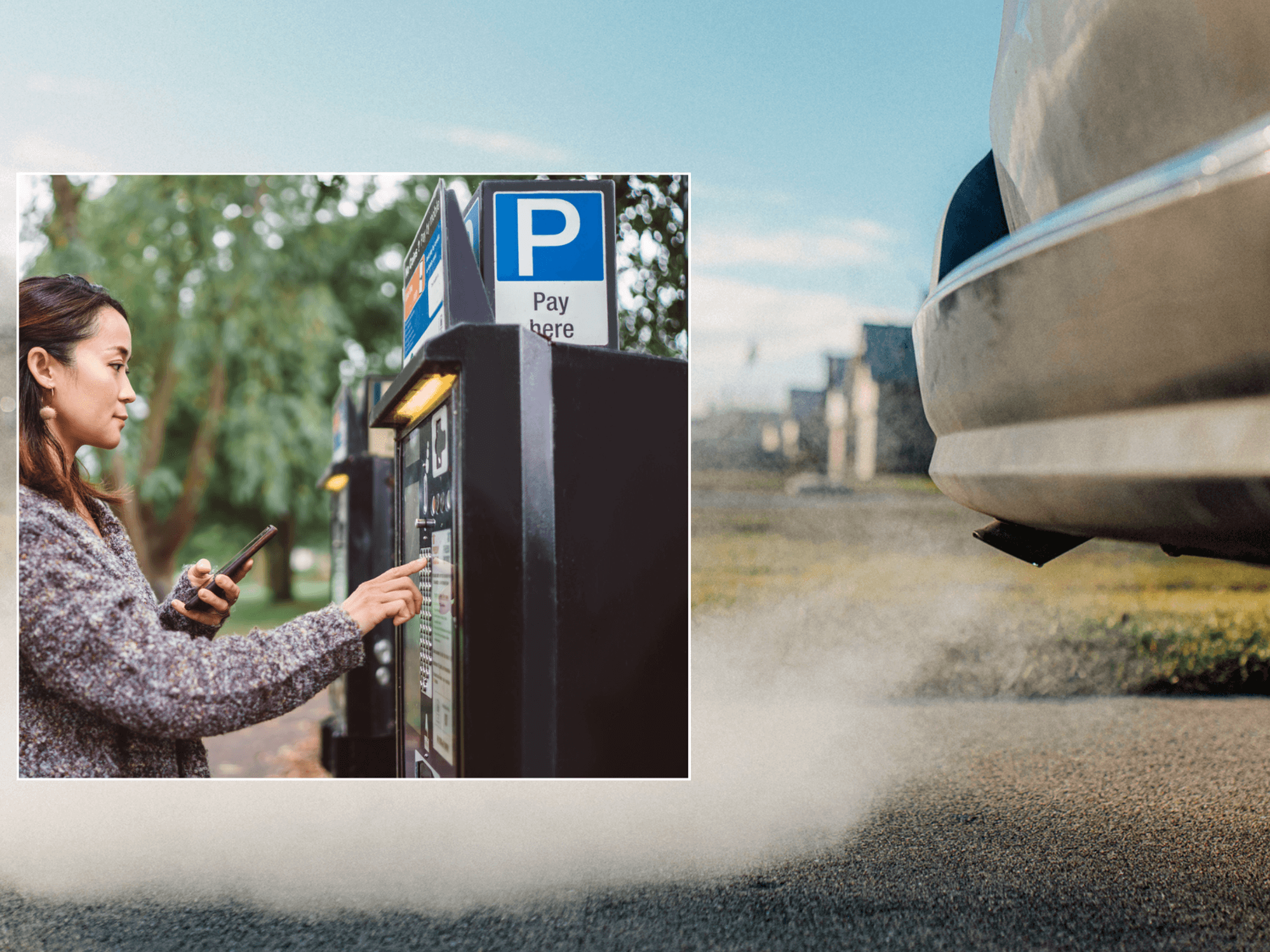‘My mum now pays tax on her pension – will she be sent a tax bill?’ Jasmine Birtles answers your questions

Jasmine Birtles is answering GB News members' pensions and retirement questions in a new Q&A
|JASMINE BIRTLES | GETTY
In this week's pensions and retirement Q&A for GB News members, Jasmine Birtles looks at what happens when pensioners' incomes breach the personal tax allowance
Don't Miss
Most Read
In a new and exclusive Q&A, money expert Jasmine Birtles answers your pensions and retirement questions. Got a query? Email money@gbnews.uk.
Question: "I'm seeking information for my mother, as she is set to pay tax on her pension. How will this tax be paid?
"Her combined pensions, state and workplace, hit the £12,500 tax allowance currently, before any increases this year.
"Will it be deducted from her state pension or will she be sent a bill to pay it, monthly or annually?
"I pay mine through wages but never had this issue before of paying tax outside of wages, so we are not totally sure what the process is.
"Thanks ahead of time for providing the information. Much appreciated.”

The standard personal allowance is frozen at £12,570 per year
|GETTY
Jasmine replies: It’s a natural question to ask. We spend so much of our lives planning and looking forward to retirement, it can often be easy to overlook the crucial issue of tax and how much this can have an impact.
Everyone has a personal allowance of £12,570 per tax year and this covers a person’s total income, including income from the state pension and private pensions.
Income tax on the state pension is paid gross, meaning it is not deducted directly from the benefit. It’s often the case that someone who is solely receiving state pension income will not exceed their personal allowance, but the situation changes when there are other sources of taxable income (like in your mother’s case, where she has a workplace pension as well).
For example, based on current tax rates, imagine someone has the full ‘new’ state pension entitlement of £11,502 and private pension income of £10,000 in 2024/25. As their personal allowance is £12,570, there would be no income tax to pay on the first £1,068 of private pension income.
The remaining private pension income would then be subject to income tax at the basic rate (20 per cent), giving a total income tax bill of £1,786.
You obviously want to know about the logistics of paying the tax due on pension income.
Fortunately, this is done in a very similar way to how most of us pay tax on our employment income. Our pension provider will take the tax off for us (in a similar way to how employers deduct income tax from their staff’s salaries via PAYE).
As your mother has a state pension and a workplace pension, in this scenario the pension provider will usually take off the tax owed before they pay out any benefits for both pots.
Tom Selby, director of public policy at AJ Bell, adds: “Some people who built up state pension entitlement under the old system (the state pension was changed in April 2016) will have a state pension worth more than the £12,570 personal allowance.
"Where this is their only income, they may receive a tax bill from HMRC. Anyone in this position should set some money aside if they can to cover income tax, so they are prepared for whenever the Revenue issues a tax demand.”
Crucially, there is another tax allowance available for pensioners in addition to the personal allowance. You can usually take up to 25 per cent of the amount built up in any pension as a tax-free lump sum and this does NOT affect your personal allowance.
The most this tax-free lump sum can be is £268,275.
The age at which your mother can take her pension will depend on her specific pension’s rules, but it’s usually 55 at the earliest. Note, this age is set to rise to 57 in 2028.
LATEST DEVELOPMENTS:
However, proceed carefully and consider how this would fit into your wider financial plans, and how much you can afford to withdraw after the initial 25 per cent lump sum, given that these amounts will be subject to income tax.
AJ Bell’s Selby adds: “You should think carefully about how you manage your withdrawals, as taking too much, too soon could land you with a fat income tax bill and risk you running out of money earlier than planned.
"Taking steady withdrawals, by contrast, can allow you to minimise your income tax bill while accessing your hard-earned pot in a sustainable way.”
Jasmine Birtles is a personal finance expert, TV and radio presenter and author of 38 books. She is the founder of the money and investment site MoneyMagpie.com and a keynote speaker at conferences around the world.










